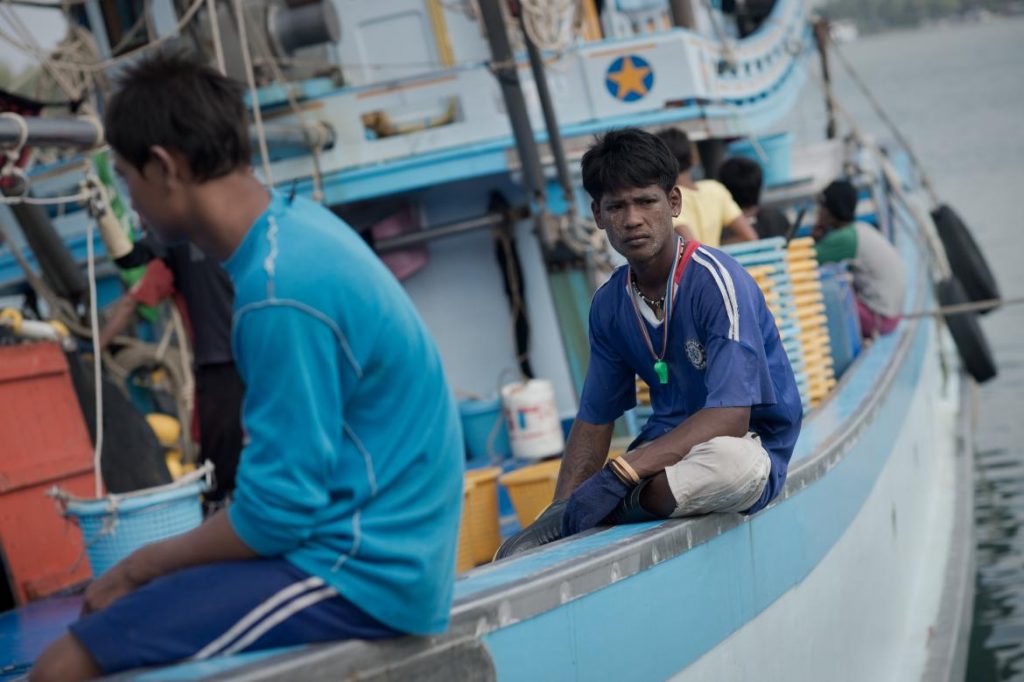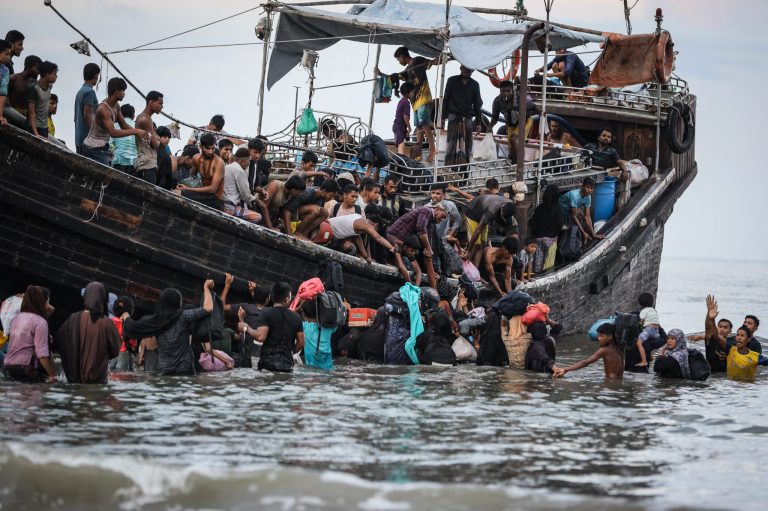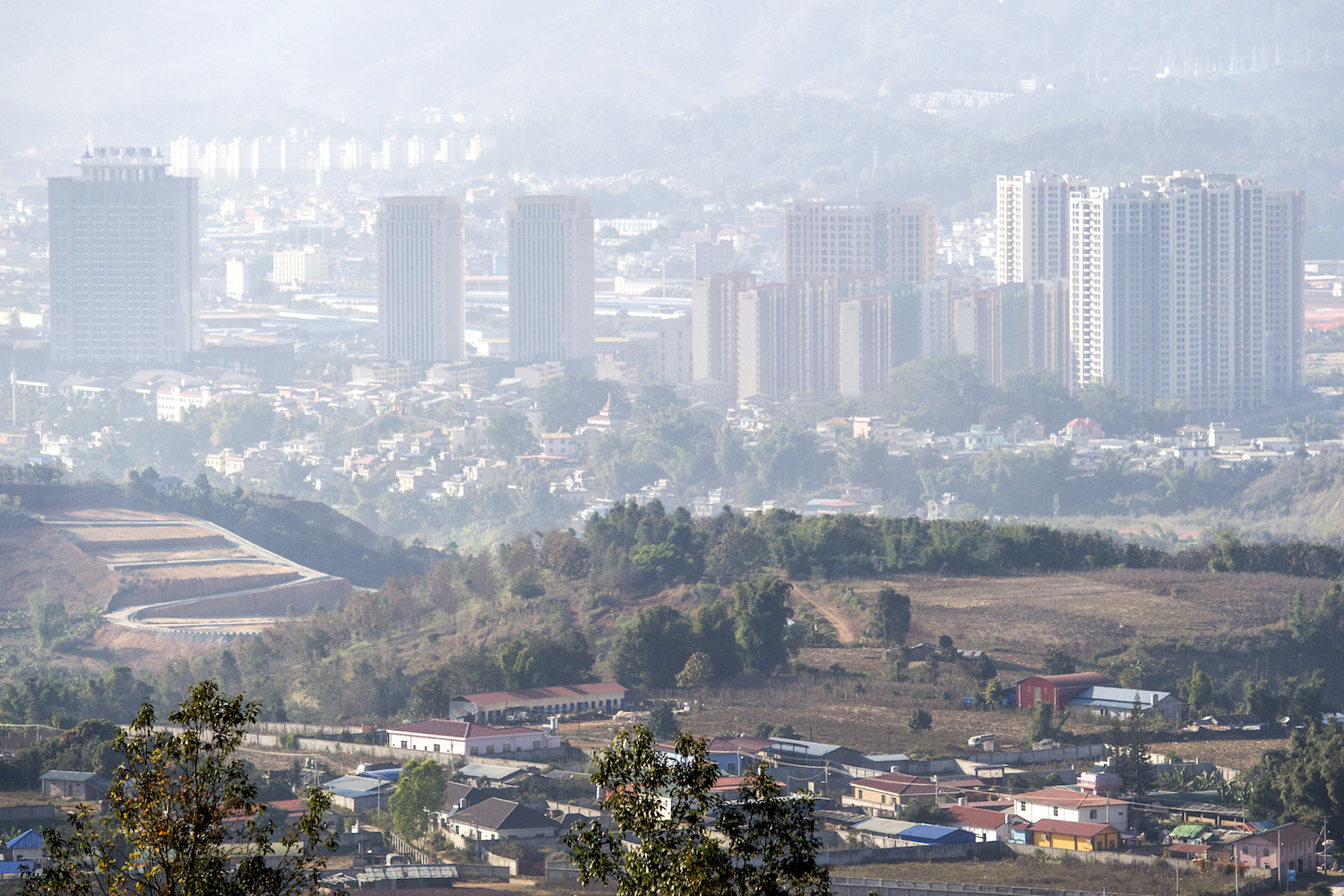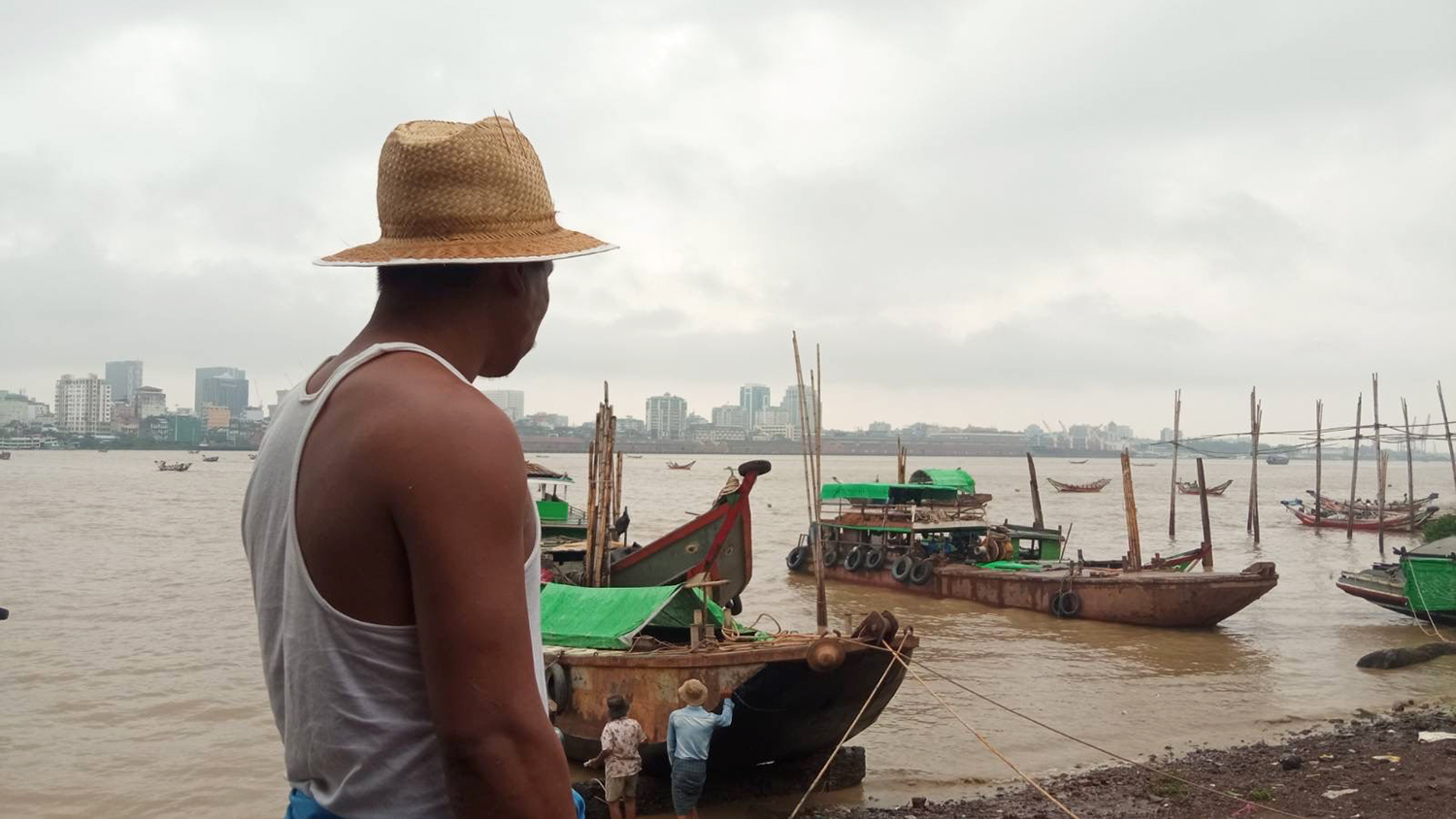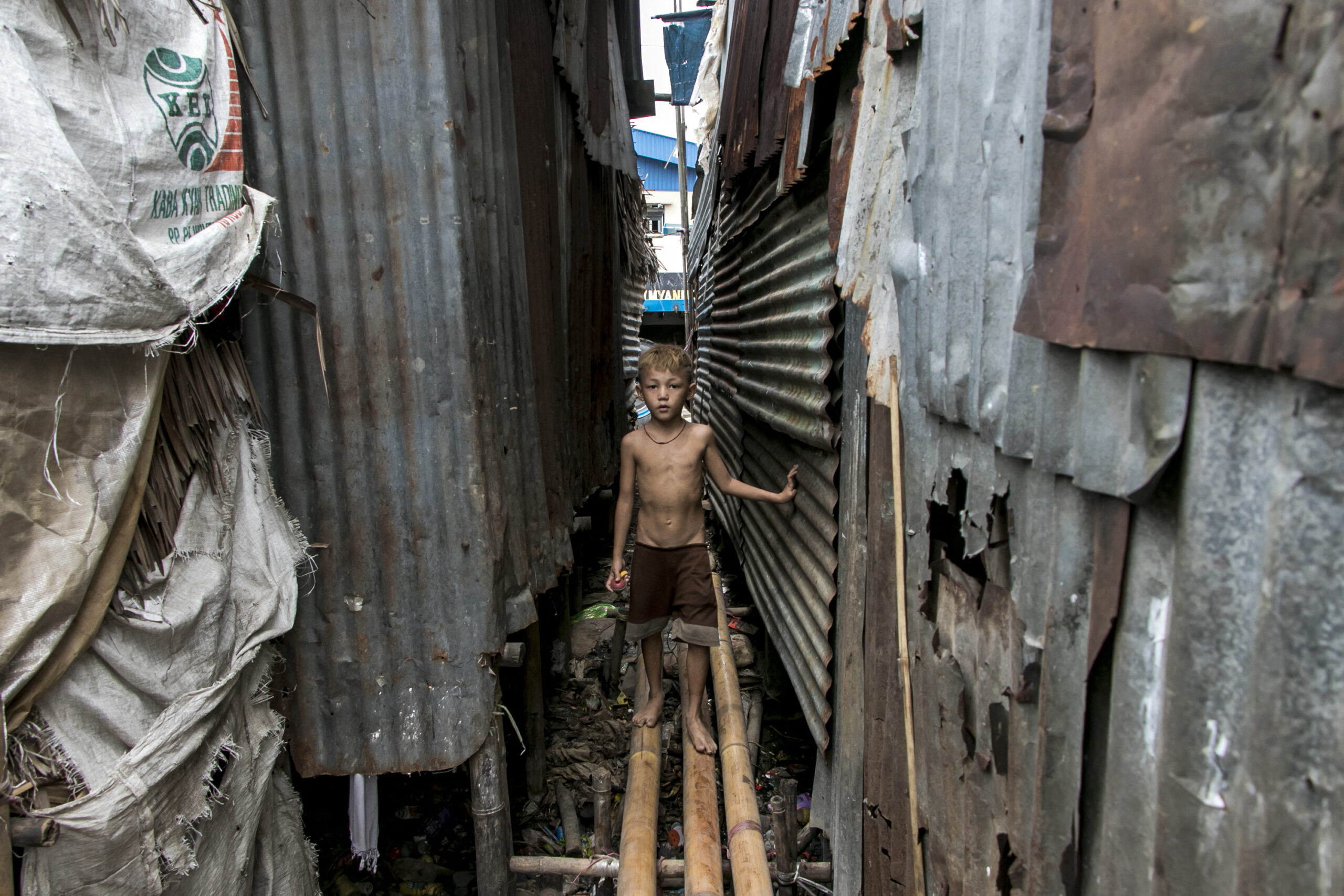By OLIVER SLOW | FRONTIER
YANGON — More than four million people born in Myanmar are now living abroad, mainly in Thailand and Malaysia, according to the United Nations Population Fund.
In a report, titled “2014 Myanmar Population and Housing Census Thematic Report on Migration and Urbanization”, and published on January 18, the UNFPA said the figure includes the two million people reported to be abroad during the 2014 census, as well as those thought to have left the country since 1983, when the next most recent nationwide count was conducted.
The majority of Myanmar people living abroad had moved from border areas, notably Kayin and Mon States, mainly due to the difference in earnings and employment opportunities abroad.
International migration is dominated by young men, with more than 156.3 males moving abroad per 100 females. Three quarters of those who have recently moved to Thailand are aged between 15 and 34.
Support more independent journalism like this. Sign up to be a Frontier member.
Regarding internal migration, the report found that most citizens were moving to Yangon, mainly from the Ayeyarwady Delta. The majority are working as casual labourers in industrial zones close to the commercial capital.
“The findings show that policy makers can help slow urban growth by locating industrial zones outside Yangon,” said Ms Janet Jackson, UNFPA representative for Myanmar. “The data also calls for the need for increased and improved housing, utilities and services in the industrial zones.”
Kachin, Kayah and Kayin states were highlighted as the areas with the highest level of recent in-migration, mainly due to extraction industries and cross-border trade, while the majority of out-migration was from Ayeyarwady, Bago and Magway regions as well as Chin State.
With women making up more than half of recent internal migration, Jackson urged the government to protect vulnerable women who are moving to different parts of the country.
“Myanmar needs policies and interventions that protect female migrants from exploitation, including the provision of secure accommodation and information about their rights,” she said.


